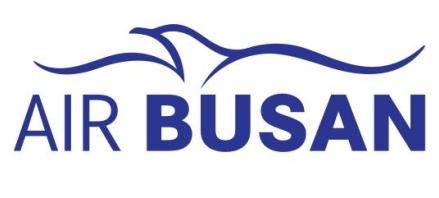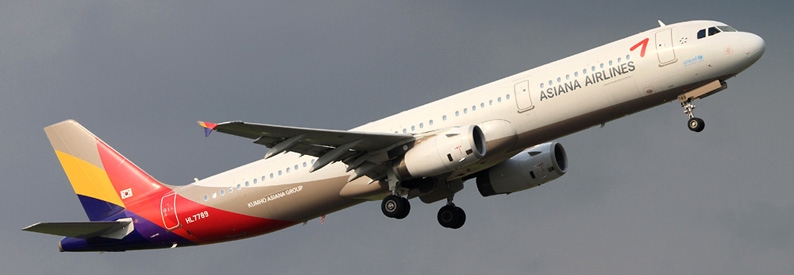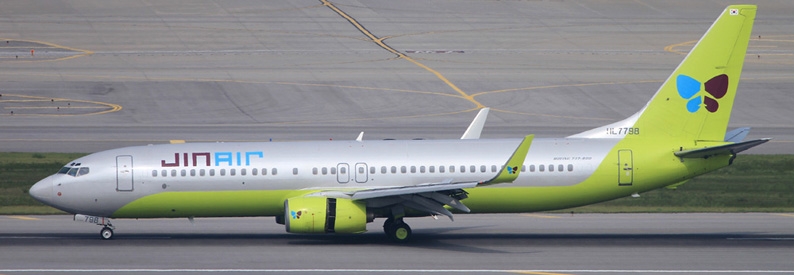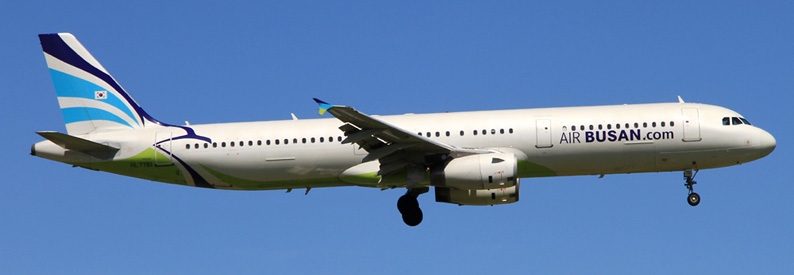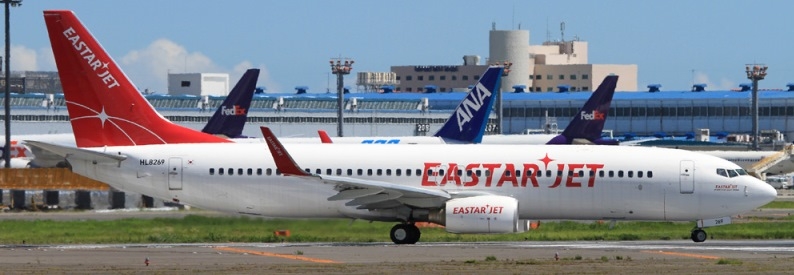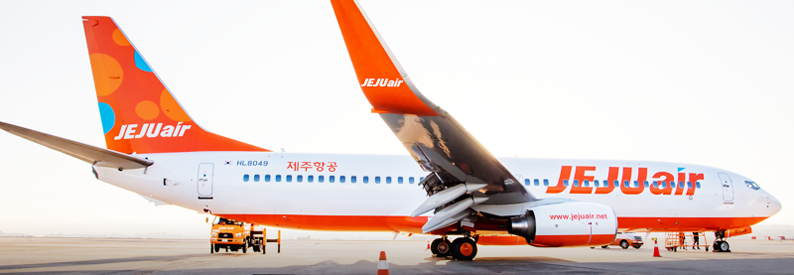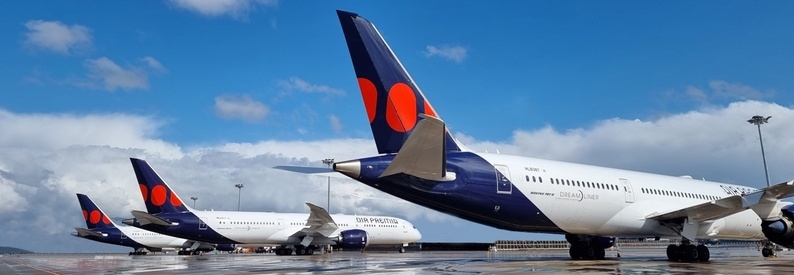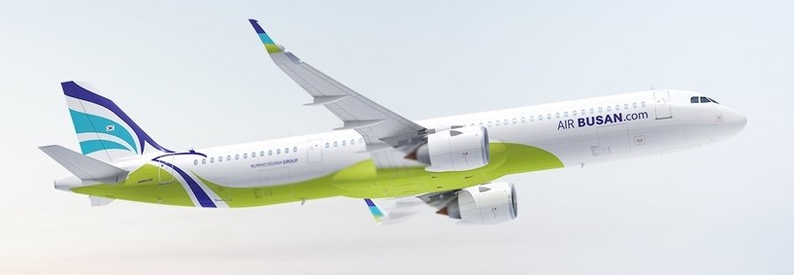A grassroots campaign is underway in Busan, South Korea, to lock in that city's airport as the headquarters of a new "integrated" low-cost subsidiary of Korean Air (KE, Seoul Incheon). Proposed in 2021 and still to be finalised, the move would see Air Busan, Air Seoul, and Jin Air merge to become one carrier.
That merger is a by-product of the proposed merger between Korean Air and Asiana Airlines (OZ, Seoul Incheon). Air Busan and Air Seoul are subsidiaries of Asiana while Jin Air is a Korean Air subsidiary. Once the proposed merger of the two parent airlines is complete, the three budget carriers would become Korean Air subsidiaries and that airline wants to fold them into a single operating brand.
As reported in Korean news outlets, the Gimhae Airport Hub Airport Citizen Promotion Team in Busan held a media conference on March 13 to publicise their efforts to secure the southern city as the headquarters. Air Busan is currently based in the city, Air Seoul in the capital, and Jin Air in Jeju. The group, which is trying to lure the support of Korean Air shareholders, said that having the headquarters at Busan was essential to the success of Gimhae Airport and the city's 2030 World Expo candidature.
The group's chairman, Lee Ji-hoo, told the media conference that in the lead-up to the 2022 South Korean presidential election, the now-President Yoon Seok-yeol stated that the headquarters should be located in Busan. Lee claimed that the Korean Development Bank, a major Korean Air shareholder and key financing entity, had also consistently said that the merged LCC's headquarters should be in Busan. However, Lee accuses the bank of changing its tune last year.
"We need to clarify the purpose and reason for the sudden change of words recently," he said. "Korean Air is ignoring the disappearance of local areas while pursuing only private interests, leaving social responsibility behind."
Lee's group argues that headquartering the new airline in Busan will not only boost traffic through Gimhae Airport but also provide significant economic benefits for the city. While not citing a source or basis for the numbers, the Gimhae Hub Airport Citizen Promotion Team has claimed that basing it in Busan would create around 3,000 jobs and generate KRW2 trillion won (USD1.53 billion) in revenues for the city.
According to the ch-aviation Commercial Aviation News, Operator & Airport Data module, Air Busan is currently the only active airline based at Busan Gimhae. However, 15 other carriers serve the airport, which currently handles around 750 flights per week, providing just under 142,000 seats. In contrast, 84 airlines use Seoul Incheon where parents Asiana and Korean Air are based. Those 84 airlines offer over 2,500 weekly flights and 530,000-plus seats.
Lee said that if the headquarters do not go to Busan, Air Busan should be taken out of the merger process and sold so it can remain a local airline. "We will gather the will of local businesses and civil society to save Air Busan," he pledged. "Local residents make it clear that they will never give up Air Busan."
